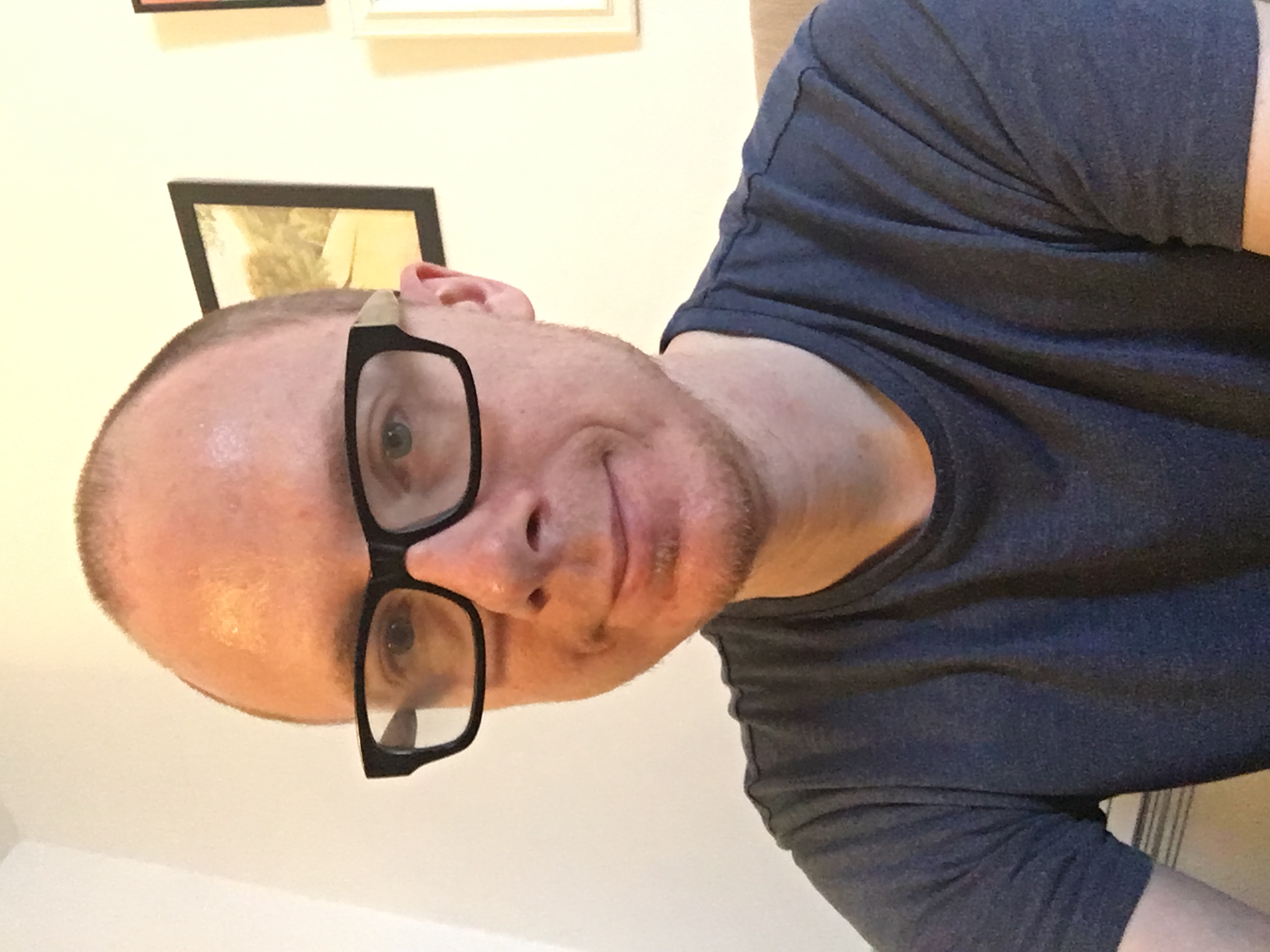When I was in training as a therapist, someone recommended Bessel Van Der Kolk's The Body Keeps The Score to me as fundamental reading. A seminal work on the latest understanding of trauma and its treatments, this book ended up having a profound effect on me and my work as a therapist. Since then I have read articles, watched videos of the author talking about his work, and sought general training opportunities on the subject of trauma. My interest in this area comes not just from a desire to help, but also a belief that trauma is a varied and widespread phenomenon in the population.
What is trauma?
It starts from the idea that human beings are fundamentally wired to engage and connect with each other - a concept that nearly all schools of psychotherapy would agree with. When trauma happens, that ability to connect and engage is interrupted. We are built to deal with frightening situations thanks to a highly honed fight or flight response, yet when you can't deal with the situation, either by fighting or escaping, helplessness and then trauma kicks in.
But one doesn't just feel immobilised at the time of the traumatic incident. It's a feeling that can last throughout a lifetime if left unprocessed. Gradually one may become mentally disconnected from the present moment, forced to live in the past by harrowing memories that seem stuck in the head. Disconnected also from one's body where trauma has left a physical residue of anxious impulses.
Reading The Body Keeps The Score and other works on trauma, I came to understand what trauma meant not just for other people but for myself. I knew I'd had a bad time in the past, but I didn't know I could call it trauma. At first it seemed wrong to use that word for my experiences, as if it was too powerful a description and I wasn't allowed. Learning to categorise things as trauma doesn't just mean I jumped on a bandwagon and posted something on social media about it; I began to own those experiences and I began to leave them behind. For the first time I could say "that was traumatic and that shouldn't have happened to me." The power such a statement gives you can't be overstated.
What happens when trauma is left unprocessed?
Without the power to process the trauma through understanding and compassion, many sufferers turn to food, alcohol, drugs, sex and other addictive processes in order to feel better. Van Der Kolk explains to the reader that addiction is the commonly sought cure for trauma because it calms the internal and everlasting edginess that trauma causes. A trauma sufferer may feel they have no ownership of their body or their past. They may go through life feeling permanently detached from themselves. This in turn leads to detachment from others around them.
Van Der Kolk suggests several healthier remedies for trauma that involve being in the present and actively 'moving' through it. He supports talking therapy but does not believe it is the ultimate solution. One needs to understand and own one's story, but when one is severely traumatised by their past it may require long and painstaking work to get to that stage. It is hard to access and talk about feelings that one has become so well practised at detaching oneself from.
I've worked with clients facing this struggle and I am often moved by the sense that I'm seeing my own experience in a mirror. Describing an event may seem such a simple task, but very often when it comes to the most traumatising events, there are no words. "How do you feel about what happened to you?" is very often the hardest question of all to answer. "I don't feel anything" is a common and instinctive answer, because those feelings are locked away through years of internal detachment.
Ways to overcome trauma
The goal is to overcome the internal fragmentation and detachment of trauma, and to become fully engaged in life again. Part of this process is about feeling the feelings.
Yoga, mindfulness, theatre and dance are all thought to be good ways of connecting in the present, and connecting with the body to feel fully alive. Whichever therapeutic path is taken, the trauma sufferer slowly learns to tolerate what's going on right now, so they can process the past, move through and move on. Trauma's lasting legacy is hyper arousal in the brain's defence systems, so it's really about slowing down and focusing calmly. When you notice the trigger and its reaction, you can start to overcome it. From that springs real connection and relationship with others.
In the process of this work many clients want to know when they will be cured of the past. The desire to forget what happened, to cast it out of their lives forever is so strong - reinforced by a common misconception that 'getting over it' is the vital goal to reach for. Western society encourages us to get over what ails us as quickly as possible, so that we can become useful functioning members again. Van Der Kolk doesn't say if he believes that one can ever 'get over' trauma to the extent that they never have to think about it again. I don't believe complete forgetting is possible, or desirable. When you do the work to own your past, I think you remember the pain and you learn to live beside it. Still feeling pain fifty years after the event isn't a nice thought, but I believe it is more than possible to live a rich and happy life despite that. Just as one never forgets the loss of a loved one, trauma can't be forgotten, nor should it be. It can, however, be understood and cared about and kept in its right place.
Josh Hogan is a verified welldoing.org therapist in Central London and online

